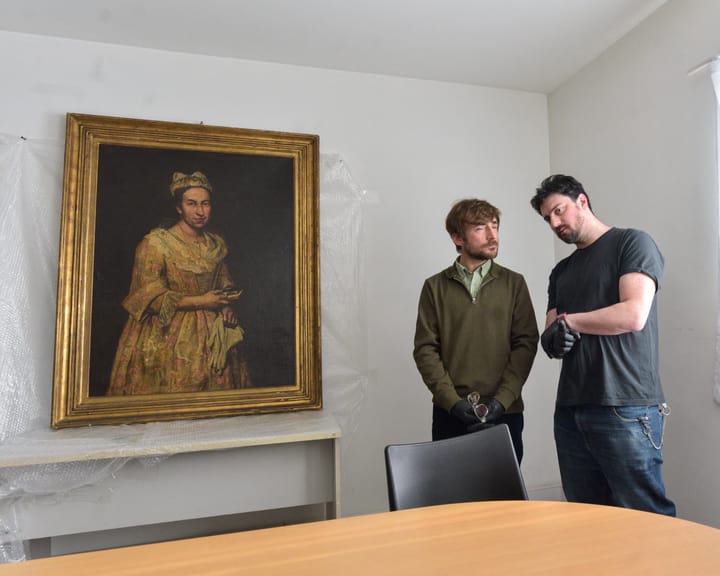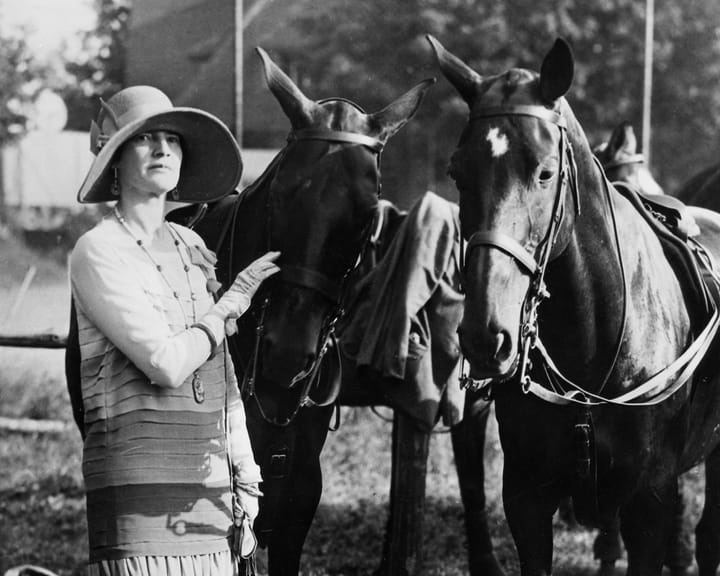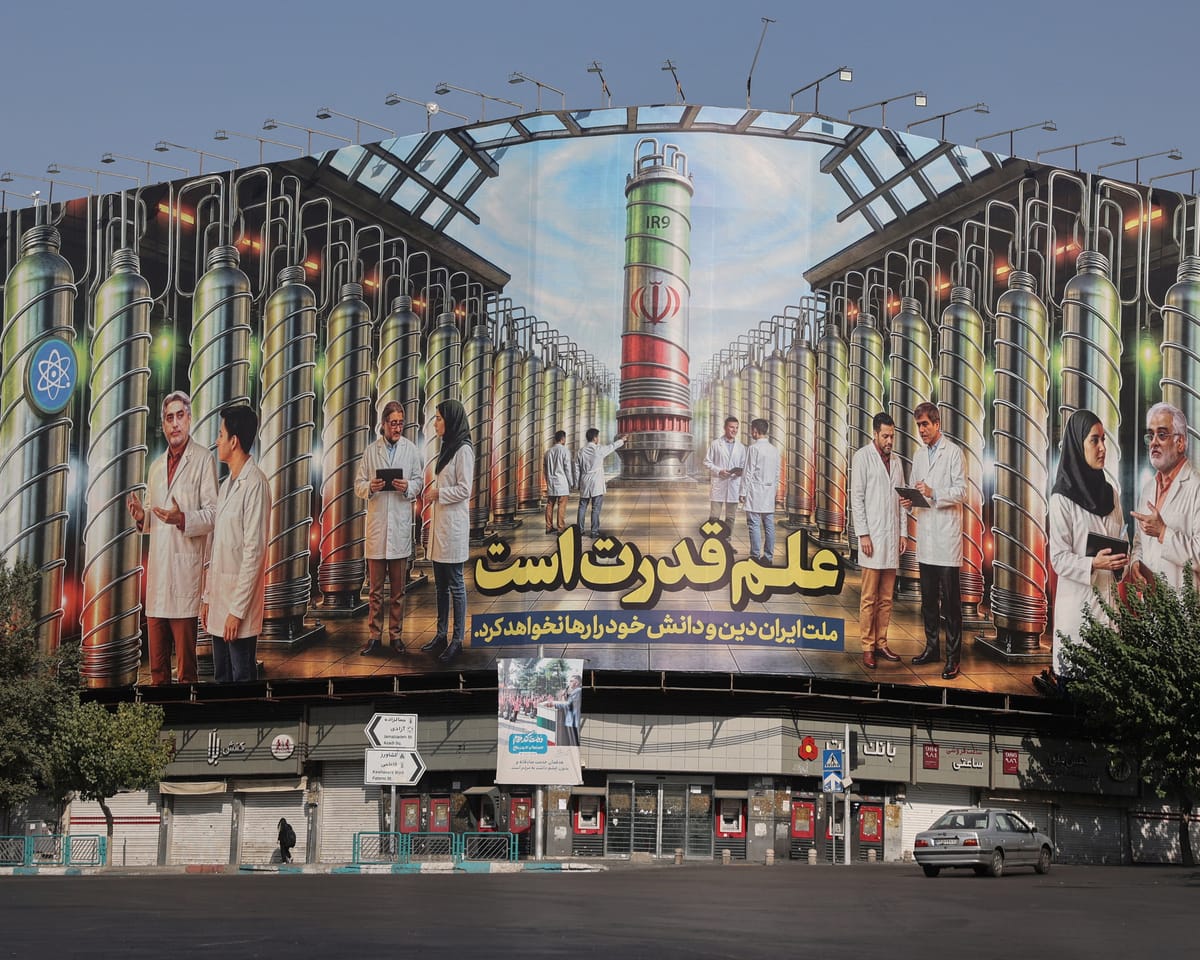As worshippers gathered at the vast Grand Mosalla mosque in central Tehran for prayer, the atmosphere was marked by resolve and unease, with many anticipating potential UN sanctions within the next 30 days and the possibility of renewed conflict with Israel.
Under watchful eyes, one man, who identified himself only as Mousavi, remarked, "Many nations possess nuclear capabilities without facing restrictions, yet Iran is uniquely targeted for control due to our opposition to Israel. Our foreign policy sets us apart."
"These impending UN sanctions threaten an economic crisis far worse than before, which will only deepen hardships for our people," he continued. "Perhaps we must soften our stance and allow inspectors in, even if there might not be much for them to find."
However, this perspective is far from unanimous, particularly in a mosque historically linked to hardline factions and closely involved in the funeral rites of the late president Ebrahim Raisi, whose helicopter crash death some still attribute to foreign interference rather than bad weather.
Rajabi Seddequi, resigned as he crossed the sweltering, dusty parking lot toward the mosque, stated, "We have endured sanctions for 40 years. They strengthened us rather than breaking us. Whether imposed by the UN or the U.S., they do not unsettle us. If forced to choose between war and UN inspections, we will fight. We will defend Iran and Islam."
A third worshipper, Ibrahim Heshmati, smiled dismissively as he asserted, "If war comes again, this time we will not hold back—we have the missiles to reach Israel. How can we trust the U.S. when they permitted Israel to attack us during negotiations? If not nuclear allegations, they would find another excuse. This is a war of faith and nations. We are unafraid."
Akbar Babaye, a veteran of the Iran-Iraq war, recalled, "Iran stood alone before, against U.S. surveillance planes, French jets, and Russian tanks. We prevailed despite facing 22 nations. Governments have always underestimated our endurance. Israel will be obliterated this time. A third of our 90 million people are prepared to fight. We do not fear death—martyrdom is our reward, while our oppressors face divine justice."
In Qom, Friday prayer leader Hashem Hosseini Bushehri condemned Israeli actions at length, declaring, "Like the people of Yemen, we must actively resist Israel’s brutality to ensure the survival of Gaza."
The mood among worshippers reflected enduring defiance in the face of external pressures.
Read next

"TikTok star highlights political power of South Africa's unsung culinary treasures"
Solly’s Corner, a popular eatery in downtown Johannesburg, was busy. Pieces of hake and crisp fries crackled in the fryer, green chillies were chopped, and generous amounts of homemade sauce were spread onto filled sandwiches.
Broadcaster and food enthusiast Nick Hamman stepped behind the counter, where Yoonas and Mohammed

Nazi-looted 18th-century portrait found in Argentina after 80 years
There was nothing particularly unusual about the middle-aged couple living in the low, stone-covered villa on Calle Padre Cardiel, a quiet street in the tree-lined Parque Luro neighborhood of Mar del Plata, Argentina’s most well-known coastal city.
Patricia Kadgien, 58, was originally from Buenos Aires, roughly five hours north.

"An aristocrat hid her Jewish lover in a sofa bed amid daring acts of German resistance to the Nazis"
Resistance in the Shadows: Germans Who Defied the Nazis
Growing up, our home had a steadfast rule: nothing German was permitted. No appliances from German manufacturers in the kitchen, no cars from German automakers in the driveway. The decree came from my mother. She was not a survivor of the

